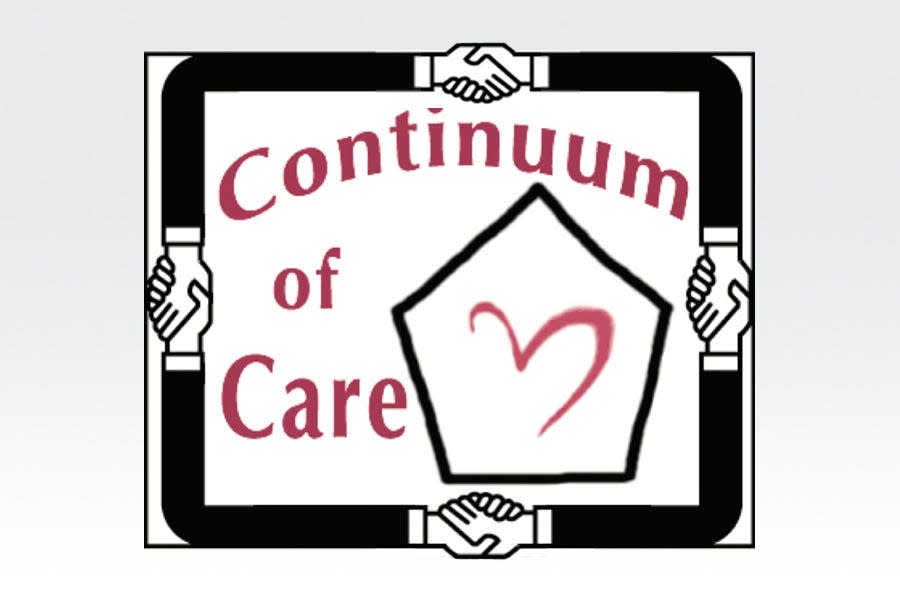Services available to students in housing crisis

It would come as no surprise that Lenawee County continues to face a housing shortage in a similar way that the rest of the nation is. The recent events at Riverview Terrace leave more people looking for housing than what we currently have available in our community. The effects of this will often leave families with no place to stay, including many school aged children. The negative impact it can have on a child can be detrimental to their education.
Numerous studies show that students who change schools more than once in their K-12 education will have significantly lower achievement scores in reading, math and science. These students also have a much lower graduation rate than their peers. Students with high mobility also demonstrate higher incidents of behavior referrals. This can be explained in part by the trauma experienced by the loss of a home as well as a loss of the social connections from their previous school. One of the concerns schools are facing right now is that if a family becomes displaced due to a loss of housing, it will be very difficult to find stable housing nearby. This can be very challenging to help arrange transportation for displaced students from surrounding communities.
The McKinney-Vento Homeless Assistance Act allows for protections for homeless students, including affording them the right to remain in their school of origin, which is the school district they last attended prior to becoming homeless. The McKinney-Vento Act defines them as students “who lack a fixed, regular, and adequate nighttime residence.” This includes children living on the streets, in shelters or motels, and other scenarios such as moving around with relatives. We know that students who change schools often face increased challenges with school engagement, so the law helps because it allows homeless students to continue to attend the school they were attending when they became displaced.
Once a student is identified, they can access additional resources at the school including school supplies and academic supports through Title 1. Many school district homeless liaisons also have relationships with community groups that are willing to offer support in many ways. Recent grant funding through the American Rescue Plan Act will also be used to increase supports to McKinney-Vento students. Funding will be used to increase case management capacity through Dochas Counseling as well as the Roadmap to Graduation through Catholic Charities. Both of these programs aim to offer supports to students that will help them graduate on time with their peers. The best way to end the cycle of poverty that can lead to homelessness is through a child’s education.
As the Lenawee County McKinney-Vento coordinator, I am a representative for homeless youth on the Continuum of Care. The Lenawee County Continuum of Care seeks to provide the homeless with access to shelter, resources and services and to raise awareness about homelessness in the community. The CoC works to meet the needs of the homeless in an effort to eliminate homelessness in Lenawee County.
The Continuum of Care meets on the second Wednesday of each month at 3 p.m. For more information or to become involved in the Lenawee County Continuum of Care contact chair Lynne Punnett at Housing Help of Lenawee, lpunnett@h2lenawee.org or vice chair Clint Brugger of Community Action Agency, cbrugger@caajih.org.
This article originally appeared on The Daily Telegram: Continuum of Care: Services available to students in housing crisis

